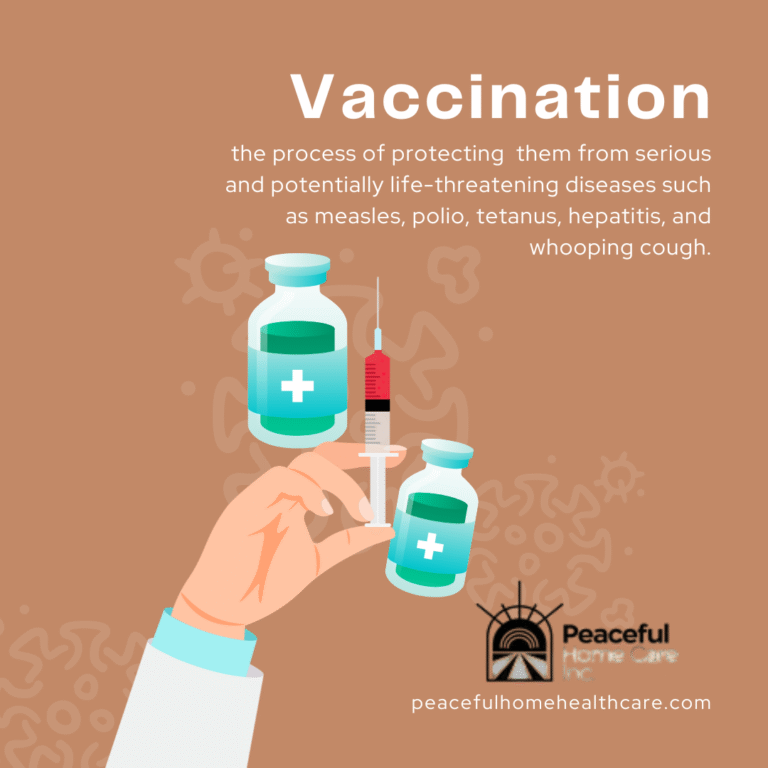Waiver and Funding
Services for
Individuals with
I/DD
Our Home and Community-Based Services
(HCBS), including waiver programs and
1915(i) services, provide personalized
support to individuals with intellectual and
developmental disabilities (IDD) while
offering families peace of mind and
essential relief.
We Offer North Carolina State Waiver Services
1915(i) Services
1915(i) services offer Medicaid-funded support to individuals with intellectual and developmental disabilities (I/DD), serious
mental illness (SMI), substance use disorders (SUD), or traumatic brain injuries (TBI). These services are designed to help
individuals live independently, participate in their communities, and recover from mental health or substance use challenges.
Our I/DD Services under 1915(i):
Respite Care
Individual Support
Supported Employment
These services are available to people on Behavioral Health and Intellectual/Developmental Disabilities Tailored Plans. Some people on NC Medicaid Direct or the Eastern Band of Cherokee Indians Tribal Option may also be eligible.
1915(b)(3) Waiver
This waiver is designed to reduce institutionalization by helping individuals receive care and support in their homes or community settings instead of hospitals or residential facilities. It provides funding for services that help clients build life skills, maintain stability, and live as independently as possible.
In-Home Skill Building
Transitional Living Skills
One-Time Transitional Costs
Respite Care
Through this waiver, eligible participants receive personalized care and support services that promote independence, social inclusion, and overall well-being. Each service plan is tailored to the individual’s goals, strengths, and daily living needs — allowing families to have peace of mind knowing their loved one is receiving compassionate, skilled support.
Community Living and Support
Day Supports / Habilitation
Behavioral Support Services
Our Other Services & Blog
Caring for a loved one with intellectual or developmental disabilities (I/DD) can be both rewarding and challenging. In North Carolina, one of the most impactful programs helping families meet these...
1. Introduction to Digital & Remote Paediatric Care In the last decade, digital and remote paediatric care has transitioned from an innovative idea to a healthcare necessity. With the rise of...
Introduction: The Role of Nutrition in Healthy Aging Aging is an inevitable part of life — but how you age depends largely on the choices you make, especially when it comes to nutrition. The foods you...
Redefining Aging in the Modern Era The concept of How Smart Tech Is Helping Seniors Stay Independent has evolved beyond simply staying at home. Today, it’s about living safely, comfortably, and...
Newborn Care Guide: Essential Tips for Every New Parent Bringing home your newborn is one of life’s most joyful and emotional experiences. Yet, it can also feel overwhelming — tiny cries, sleepless...
Why Vaccination for Children Matters More Than Ever Vaccination for children is one of the most powerful tools in modern medicine. Over the past century, vaccines have saved millions of lives and...
What Is a Well Child Visit? A Well Child visit is a routine medical checkup that focuses on your child’s growth, development, and overall health. Unlike sick visits, where the goal is to treat an...
Dementia is a condition that affects millions of people worldwide, especially older adults. Yet, the early signs of dementia can be subtle, often mistaken for normal aging or stress. Recognizing these...
As we age, our nutritional needs change. Seniors require the right balance of vitamins, minerals, and proteins to maintain health, prevent illness, and boost energy levels. Eating well is one of the...









